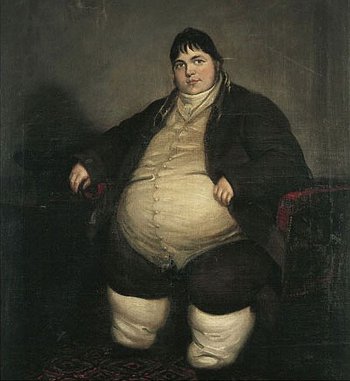mancipate
v. to enslave
Search Results for: in a word
In a Word
cicisbeo
n. the escort or lover of a married woman
bedswerver
n. one who breaks one’s marriage vows
deuterogamist
n. one who marries a second time
In a Word
philologaster
n. an incompetent philologist
nitigram
n. a second-rate epigram
cacography
n. poor spelling
In a Word
macroscian
adj. casting a long shadow
umbratile
adj. pertaining to the shade
obtenebrate
v. to cast a shadow over
lucifugous
adj. shunning light
In a Word
vecke
n. an old woman
graocracy
n. government by old women
In a Word
feriation
n. the act of observing a holiday
In a Word
merry-go-sorry
n. a tale that evokes joy and sadness simultaneously
chantpleure
v. to sing and weep at the same time
In a Word
lubberwort
n. food that makes one idle and stupid, food of no nutritive value, junk food
In a Word
epigamic
adj. attracting the opposite sex
altrigenderism
n. the state of development in which one becomes attracted to members of the opposite sex
In a Word

aletude
n. corpulency
gundygut
n. a voracious eater
“Imprisoned in every fat man a thin one is wildly signalling to be let out.” — Cyril Connolly, The Unquiet Grave, 1944
“Outside every fat man there was an even fatter man trying to close in.” — Kingsley Amis, One Fat Englishman, 1963
